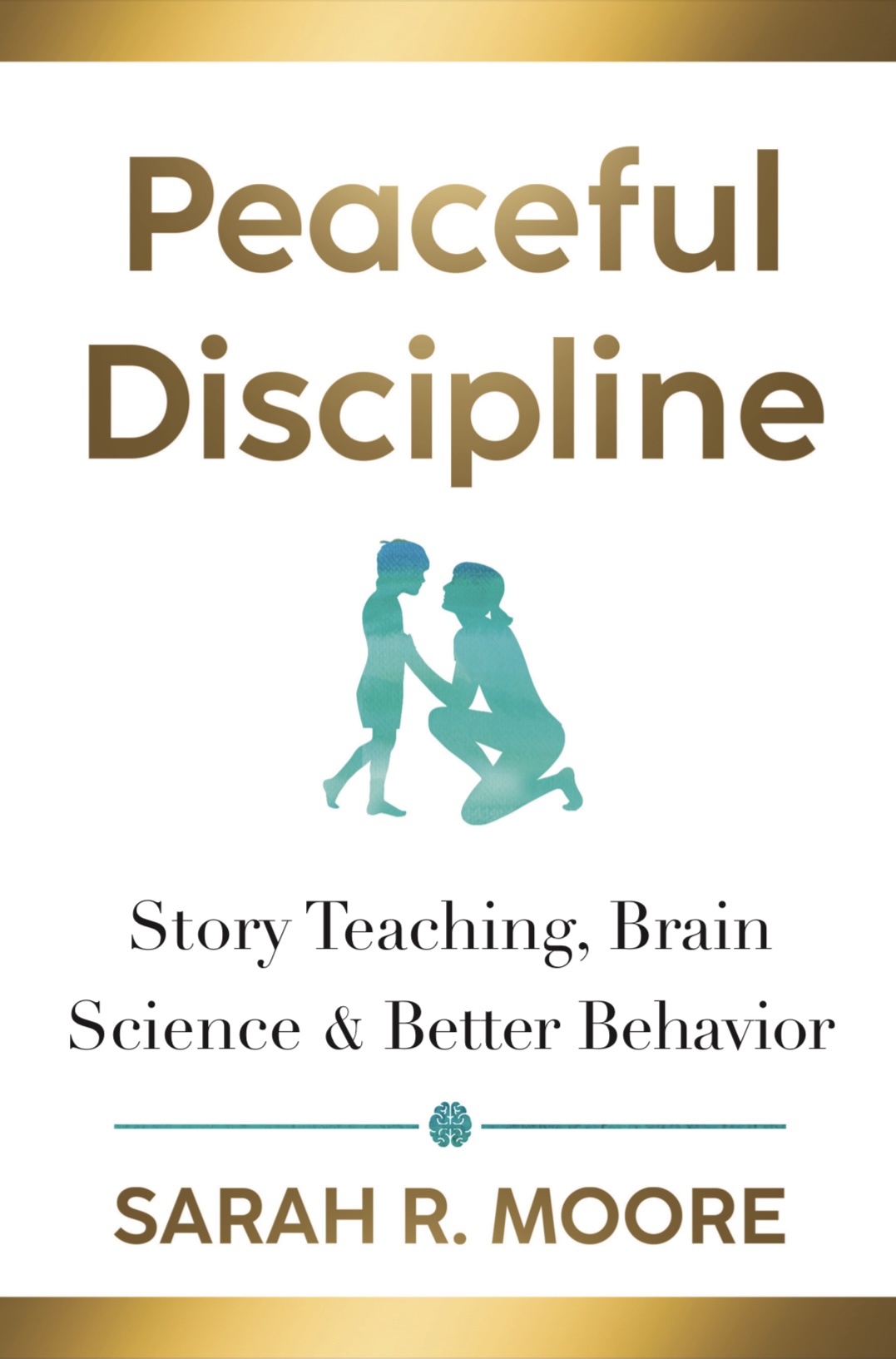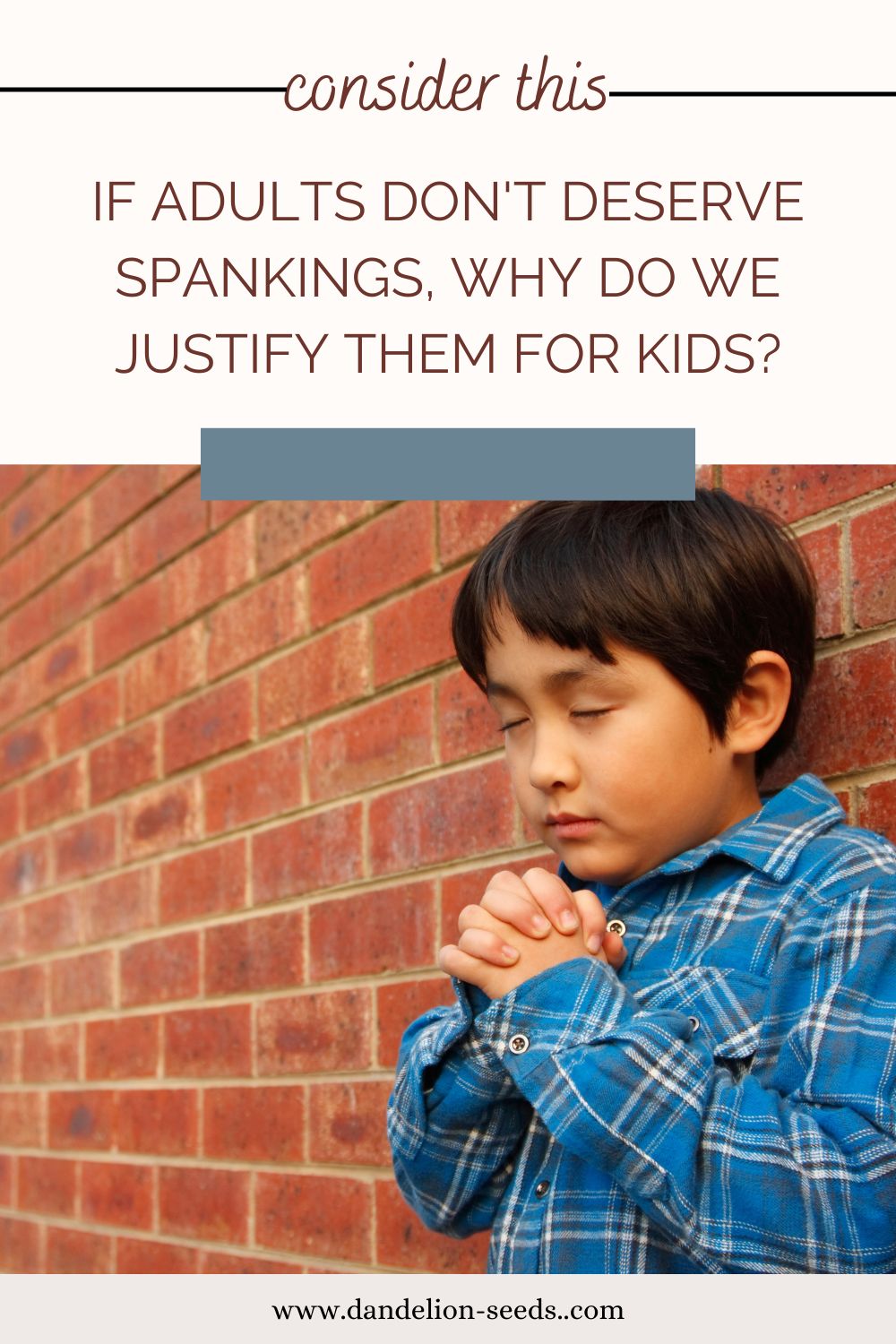
Sign in
Don't have an account with us? Sign up using the form below and get some free bonuses!

Many of us have heard the expression, "Spare the rod, spoil the child." It's common justification for punitive consequences for children; specifically, spanking (also known as corporal punishment or physical discipline).
Many people, including parents, assume that "spare the rod, spoil the child" comes from the Bible. Many of those same people are surprised to learn that it doesn't appear in the Bible at all.
There is, however, a reference in the Bible to the rod of discipline.
They mean very different things.
Let's unpack this.

Unlike the biblical verse with which it's often confused, "Spare the rod, spoil the child" comes from a 17th-century poem called Hudibras. It refers to a love affair wherein the person speaking is not discussing disciplining a child at all. Rather, he's asking for his lover to spank him as part of their amorous escapades.
The author, Samuel Butler, likely had no idea how catchy this phrase would become when he wrote it hundreds of years ago. These days, it's completely misunderstood. Most people don't know Hudibras from a hole in the wall, and they're quoting it totally out of context.
It's certainly not biblical; it's sexual.

The "rod of discipline" is, indeed, in the Bible.
Naysayers of conscious parenting and proponents of physical authority often cite this verse:
"Those who spare the rod of discipline hate their children. Those who love their children care enough to discipline them." Proverbs 13:24 NLT
Let's explore this verse a bit.
"If we harken back to the days of shepherds using rods to guide their sheep, there's a critical distinction in how they use their rods. They did not use them to hit or harm their sheep. They used them to gently guide their sheep; to keep them from wandering off and getting hurt. That's an incredible paradigm shift.
Another word worth defining here is "discipline." It means to teach, not to punish. Even Jesus' disciples (same root word as discipline) were responsible for teaching. The "rod" (gentle guidance) was used to "discipline" (to teach or to guide).
The disciples did not bring people to Jesus by being his 'punishers' around the world. That certainly would not have been an effective approach!
Gentle guidance -- discipline -- is what modern-day parents, Christian or otherwise, would call healthy and loving boundaries." (source)
If parents love their children, they guide them and keep them safe. We would be "hating" (neglecting) them if we didn't do these things.

It does not. In fact, we must remember that the Bible tells us this about how to live, including in our parenting--with these two commandments above all:
"You shall love the Lord your God with all your heart and with all your soul and with all your mind. This is the great and first commandment. And a second is like it: You shall love your neighbor as yourself. (Matthew 22: 37-39 ESV)
Parents don't receive instruction about how old someone needs to be before we consider them our neighbor. God loves the baby, the toddler, the child, tween, and teen every bit as much as he loves the adult. Our children are also our "neighbors," and we're to love them as we love ourselves.
A parent wouldn't cause bodily harm to themself as punishment or "instruction." Why, then, would the parent focus on interpreting verses about the rod meaning spanking, versus all the instruction we receive about treating others as Christ would?

To clarify, the entire Bible is still accurate for guidance as well as correction. The Old Testament was inspired by God, and the Ten Commandments are still just as valid as ever.
Jesus stresses this teaching when he says in the New Testament, "You know the commandments: ‘Do not commit adultery, Do not murder, Do not steal, Do not bear false witness, Honor your father and mother." (Luke 18:20 ESV)
Spanking did exist in biblical times, but parents used it only if certain conditions were present. Typically, it was only for boys older than 12 years old who had committed certain crimes. (source)
These days, research shows that spanking is associated with a host of significant problems, both short-term and long-term, for the child’s development. Although some parents erroneously claim it’s a good teacher and is helpful for changing behavior, those changes in the child’s behavior come from fear. Peaceful Discipline addresses some of these risks in detail, as well as what to do instead.
Our all-knowing God is certainly aware of these risks that we can now measure, and he knew them back then, too. We know that God doesn’t want us to have a fear-based relationship with him, just like he doesn’t want our kids to have a fear-based relationship with us.
Other proponents of spanking to apply discipline may cite this verse: "Do not withhold discipline from a child; if you punish them with the rod, they will not die." (Proverbs 23:13 NIV)
Note that this verse is not telling us that we should use a rod to punish. Further, it is, indeed, true that a child will not die if guided by the rod, especially when used for discipline as intended: "...your rod and your staff, they comfort me." (Psalm 23:4 ESV)

To the contrary, it gives us support in knowing that when we lead with the wisdom of the fruit of the Spirit, the Jesus' message in the Bible is about love and grace. We can pass the grace we've received from Christ along to our children.
We won't withhold discipline from our children because we love them, and know that loving one another--after loving God--is the second greatest commandment.
Effective discipline is discipline that parents can use to impart wisdom upon their children. To teach them. To guide them. To help them internalize the great responsibility of learning how their behavior affects others.
Further, other books in the Old and New testaments also promote gentleness, such as "...be peaceable and considerate, and always to be gentle toward everyone" (Titus 3:2); and "..strive for peace with everyone, and for the holiness without which no one will see the Lord" (Hebrews 12:14). These verses also apply to how we treat children. Kids aren't exempt from being treated kindly.
God disciplines us every day through natural consequences. (He's not taking away our iPad when we sin; instead, the natural repercussions of our actions are often the most effective discipline we could experience.)
He also disciplines us through positive natural consequences: for example, when we pray to him about our temptations, he guides us and gives us strength to overcome them.
God offers us grace--and an invitation to get closer to him. Grace-based parenting is our charge, as well.
Jesus already paid the price for our sins, as well as for the mistakes of our children.
"There is therefore now no condemnation for those who are in Christ Jesus." (Romans 8:1 ESV)
Jesus was punished so we didn't have to be. Once again, we can guide our children and teach them, but if God removed our punishment, who are we to override his decision with punishment for our children?
Let's examine the nature of our heavenly Father, making sure to remember that God the trinity encompasses the Father, Son, and Holy Spirit.
The Son--Jesus--is the one who we most closely identify as humans. If we respect him because he's our compassionate leader (and not because he "makes" us respect him), we can follow his lead again here, too. We can model the respect we want to see, because Christ modeled it first.
We also need to consider how we treat children according to Jesus' teachings. He expressly says,
"See that you do not look down on one of these little ones. For I tell you that in heaven their angels always see the face of my Father who is in heaven." (Matthew 18:10 ESV)
How profound it is to look at our children and imagine that we're seeing the face of the Lord Almighty!
The bottom line is this: if we wonder whether "spare the rod, spoil the child" means we should be spanking our children, we can pray about it. We can imagine what Jesus would do with a child who was struggling or acting out.
Would he spank them? Can we even fathom that atrocious idea? It would be nothing like what we know of his character.
From everything we know of him from the Bible, he'd treat a child with patience, self-control, and gentleness--the very same fruits of the Spirit that we're all called to embrace. After all, Jesus is part of the trinity that embodies this perfectly. He is our model.
If we want our children to embrace Christ as Lord, we must leave physical punishment to Hudibras and embrace the peace God offers in our parenting.
